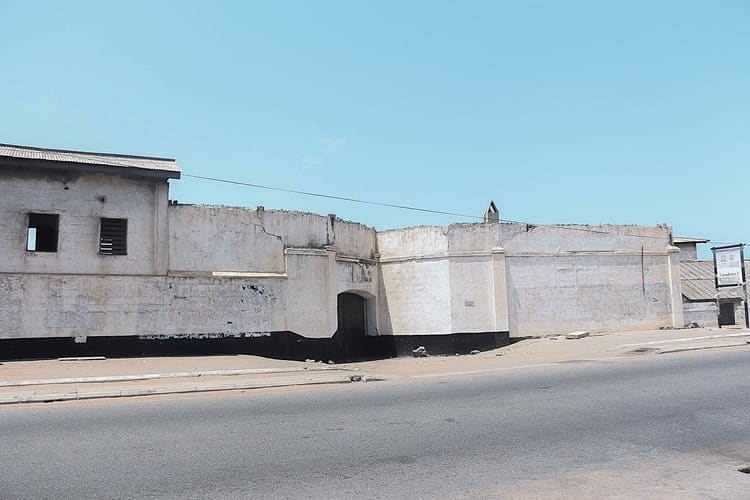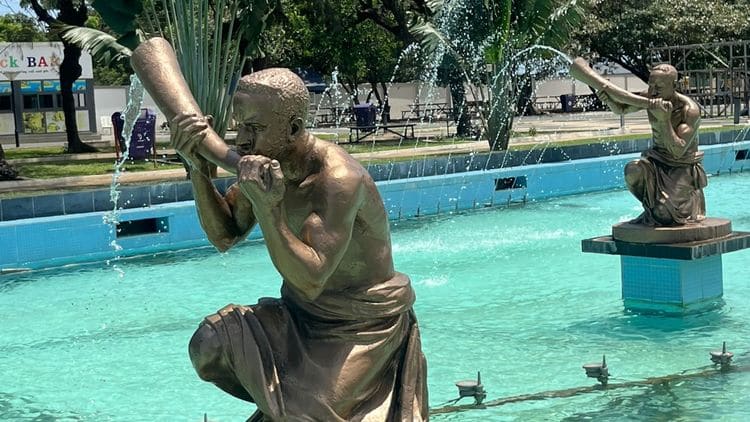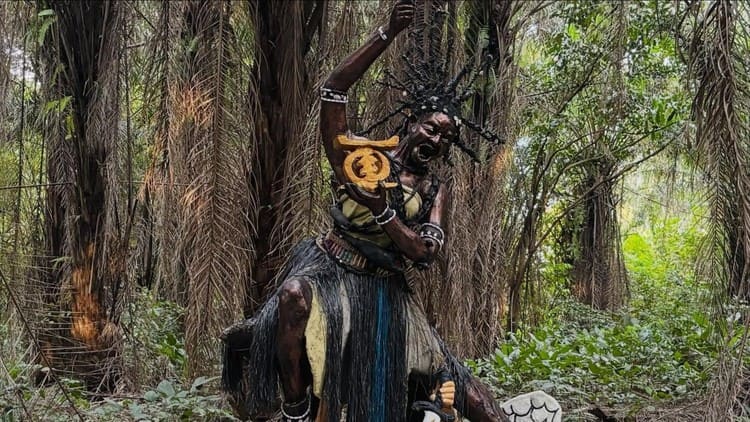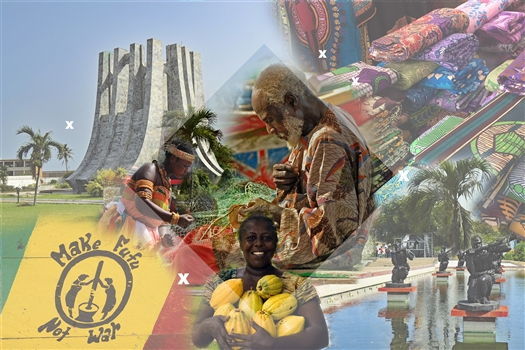From Devastating Drought to Joyful Dance: The Triumph over Famine That Changed Everything
When autumn slowly takes over Europe, festivals in the coastal part of Ghana are only about to begin. One of the most important annual festivals in the Greater Accra Region and some other towns is Homowo Festival. Among others, gratitude, food, joy, harvest and tradition are the core reasons behind this beautiful celebration. Find out why, when, and how Ghanaians celebrate Homowo Festival!
History
This custom comes from Ga people of Ghana who part of a larger ethnic and religious group ‘Akan’. The Akan believe in many deities, and their religious practice includes various healing rituals and honoring their ancestors. The supreme god in their religion is ‘Nyame’ (Nyonmo). The Ga people often refer to him as Homowo.
The Greater Accra Region is where Ga people predominantly live. From Ga language, Homowo means “hoot at hunger”. The Homowo tradition goes back for centuries to the legendary famine that hit Accra area (now the capital of Ghana) and almost destroyed this tribe. Ga ancestors migrated to the present Accra area and faced devastating times of hunger because of draught. When finally heavy rains started, they could grow corn and save the community. This is a celebration of harvest and victory over the hunger, despair and destruction.
Celebration and customs
The Ga people population is around 10% of the total country’s population. For most of them, Homowo celebration is something between homecoming, harvest festival and New Year’s celebration. This is a big and heartwarming occasion!
Homowo Festival in fact is an entire season of ‘celebrations’. It starts in May, which is the beginning of the fishing season and sowing millet crop. Harvest, usually in late September, marks the end of the celebration. There are multiple groups in Ga tribe, therefore celebrations can take place at various times. The Ga-mashie group, for example, celebrate a little earlier than the La group.
As per tradition, some time in June, after planting the crops, making noise becomes unacceptable. The Ga people believe that noise may affect their crops and scare away spirits of their ancestors. This period of so called ‘ban on drumming’ goes on for a month. Playing drums even in churches is forbidden, bars, nightclubs close. This ban lately has become more controversial and causes tensions between the Ga and Christians, as the businesses often struggle during this month and in other religions drumming is part of their worshipping rituals.
Every year the chief priests designate The ‘Homowo Day’. Usually it takes place on a Saturday in August (or Tuesday in some smaller towns).
Thousands of Ga pilgrims (‘Soobii’ - ‘Thursday People’) travel from all around the world to Accra to visit their homeland and families. Everyone brings harvested goods to prepare the Homowo meal. As per tradition, the meal feeds everyone and is shared with living and dead members of the family. Soobii arrival is also a moment of celebration itself. Crowds of people welcome them home. Their arrival also is a beginning of a period of peace and harmony when arguments forgiven and forgotten. The actual celebration begins on the Thursday before Homowo Day (hence the ‘Thursday People’).
Friday is the gift-giving and a day to honor twins. On this day twins and triplets receive special treatment, as they are the symbol of fertility. White clay on their skin, white clothing is a symbol of purity. They also receive a special meal made from eggs and yams. Twin mothers pray for their children protection and appreciate the gift of their birth.
On Friday night (Homowo Eve) gun firing noises often fill the streets. This is a way of reminding people to stay at home, as the Ga strongly believe that this is the night when spirits of the dead roam the streets.
Homowo is a festival of food. Families celebrate with a feast. Most of the households have enough food to last for weeks. Fish are served in abundant amounts too, as this is the peak of the fishing season. The Homowo traditional dish is ‘kpekpei or kpokpoi’. It is made from steamed and fermented corn meal and palm oil. Another traditional dish that you will find anywhere is palm soup. It also is a symbolic reminder of the unity during this time when age, statuses, genders or any other social differences become less important. During Homowo Ga priests or heads of a family sprinkle kpekpei around to ‘feed’ the ancestors.
On Saturday - Homowo Day, after the family feast, is the time for marching down roads, face painting, drums and Homowo Dance. It begins with the priests drumming on their knees which symbolises the ‘hooting the hunger’ centuries ago and it ends with a joyous dance for everyone. Men and women wear whatever they like (even each other’s clothes sometimes). They dance, sing songs and happily celebrate. Any social constraints, differences become unimportant. Hunger mocking goes through the whole festival to show gratitude, joy and appreciation of the mercy of gods. People often keep the doors wide open and let anyone who wants to visit come in, regardless of their social status.
Sunday or ‘Noowala Day’ is more of a family day where everyone visits their relatives and exchange new Ga year’s greetings.
Homowo is a Ga tradition, but other ethnic groups are welcome to join the celebration.
Visit Accra and join the celebration!












Comments